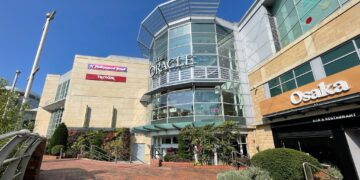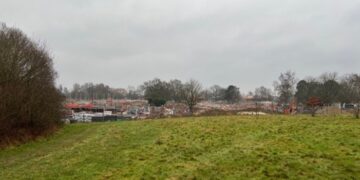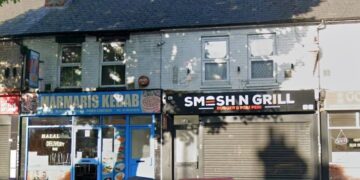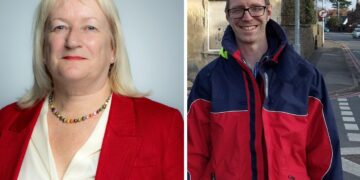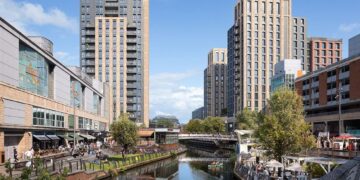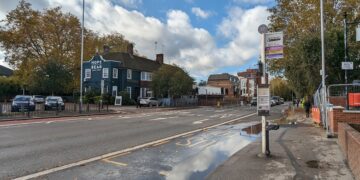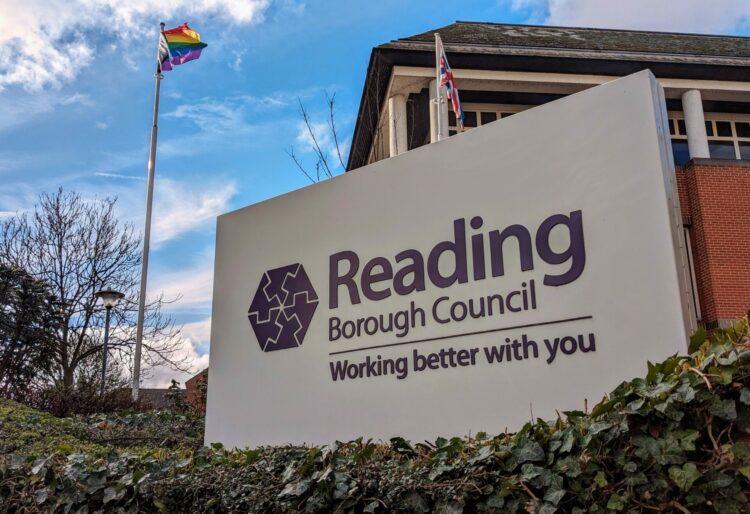RESIDENTS are being encouraged to get involved with Food Waste Action Week by seeing if they can further reduce their food waste to help protect the environment.
Food Waste Action Week runs from Monday-Sunday 17–23 March, when the council is offering advice to ensure that residents are doing as much as they can to make a difference to how they buy food and dispose of leftovers.
These include simple steps to reduce food waste such as buying loose fruit and vegetables, portioning food correctly, and storing food properly.
Buying loose fruit and vegetables means a reduction in use of single use plastic packaging, but also means buying the right amount of an item without too much leftover.
Cooking the right amount and dishing up amounts that will get eaten similarly means less plate or saucepan scrapings need disposing of.
Keeping certain foods in the fridge or cool cupboards often helps it last longer so you can make good use of it instead of throwing it away
The council explains that separating food waste from your general waste has a big impact–by recycling it, households are contributing to the fight against climate change, as recycled food waste reduces the amount of waste sent to landfill or incineration, whilst creating renewable energy and biofertiliser which is then used in local farming.
In Reading, around 555 tonnes of food waste are already being recycled every month.
Collected food waste is taken to the re3 facility where it is processed and then sent to an anaerobic digestion facility in South Oxfordshire– from there it is turned into renewable energy, and biofertiliser, to support local farmlands.
All houses in Reading, and a growing number of flats, have weekly food waste collections. Residents are reminded that in it they can recycle all cooked and uncooked food waste (such as fruit, vegetables, meat, fish, bread, dairy, eggshells), tea bags and coffee grounds, any out-of-date or mouldy food, uneaten pet food, and even cooking oil.
The council also reminds residents that, to make food waste recycling easier and more hygienic, any type of liners can be used, as they are removed during the recycling process.
Residents are welcomed to reuse unwanted carrier bags or bread bags or opt for compostable liners or paper bags. Free food waste liners are also currently available at local libraries and leisure centres.
Karen Rowland, Lead Councillor for Environmental Services and Community Safety, said:
“It’s brilliant news that Reading’s residents are recycling over 500 tonnes of food waste every month. But during Food Waste Action Week we’re asking people to see if they can do even more.
“The national messaging this year is to buy loose, as you’re then in control of how much you buy rather than getting pre-packaged amounts that may be too much.
“Our additional messaging in Reading is to please put all food waste in your recycling caddy.
“This can include scraping and cleaning out jars to recycle the contents (and then taking the glass to bottle banks), all plate scrapings to save food going into your dishwasher, and tea bags and coffee grounds.
“There’s no need to put any food waste into your grey bin, please recycle it.”

